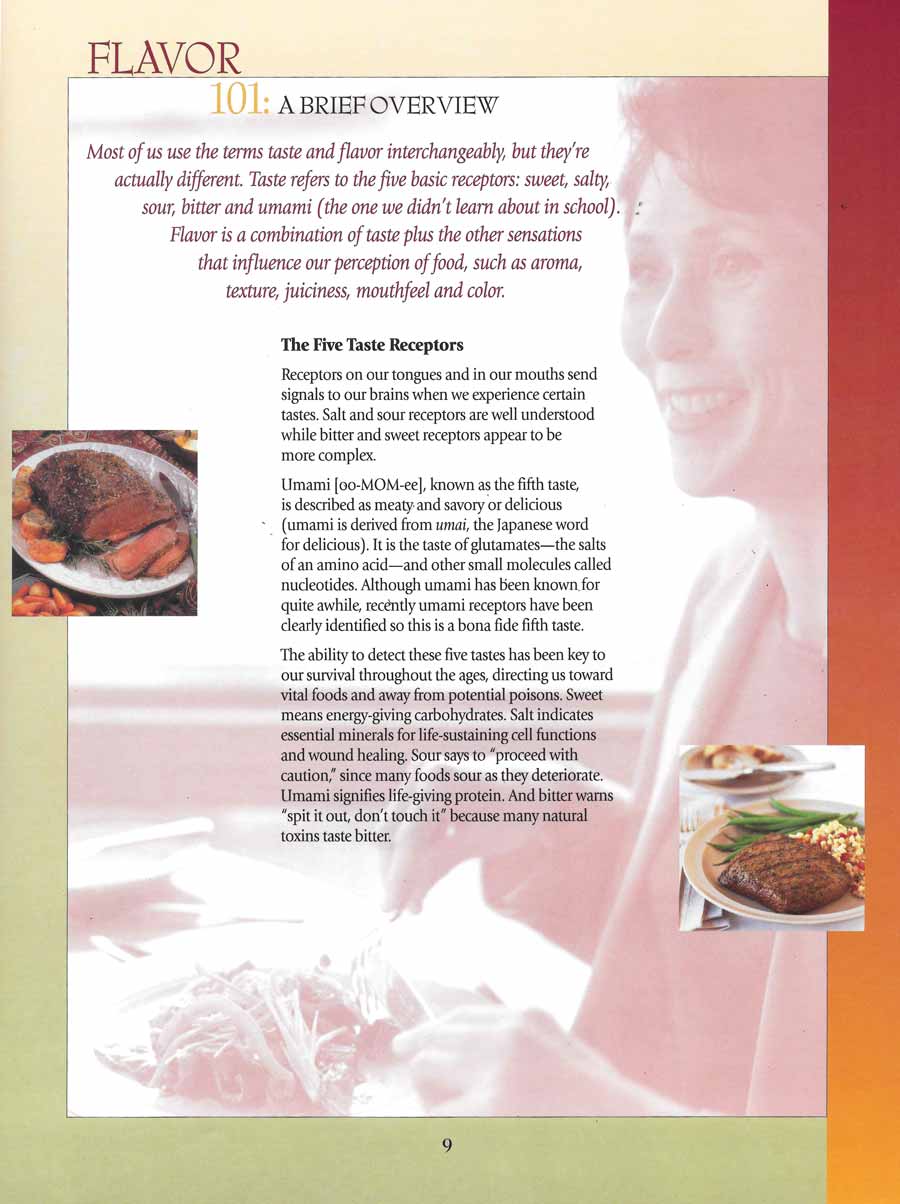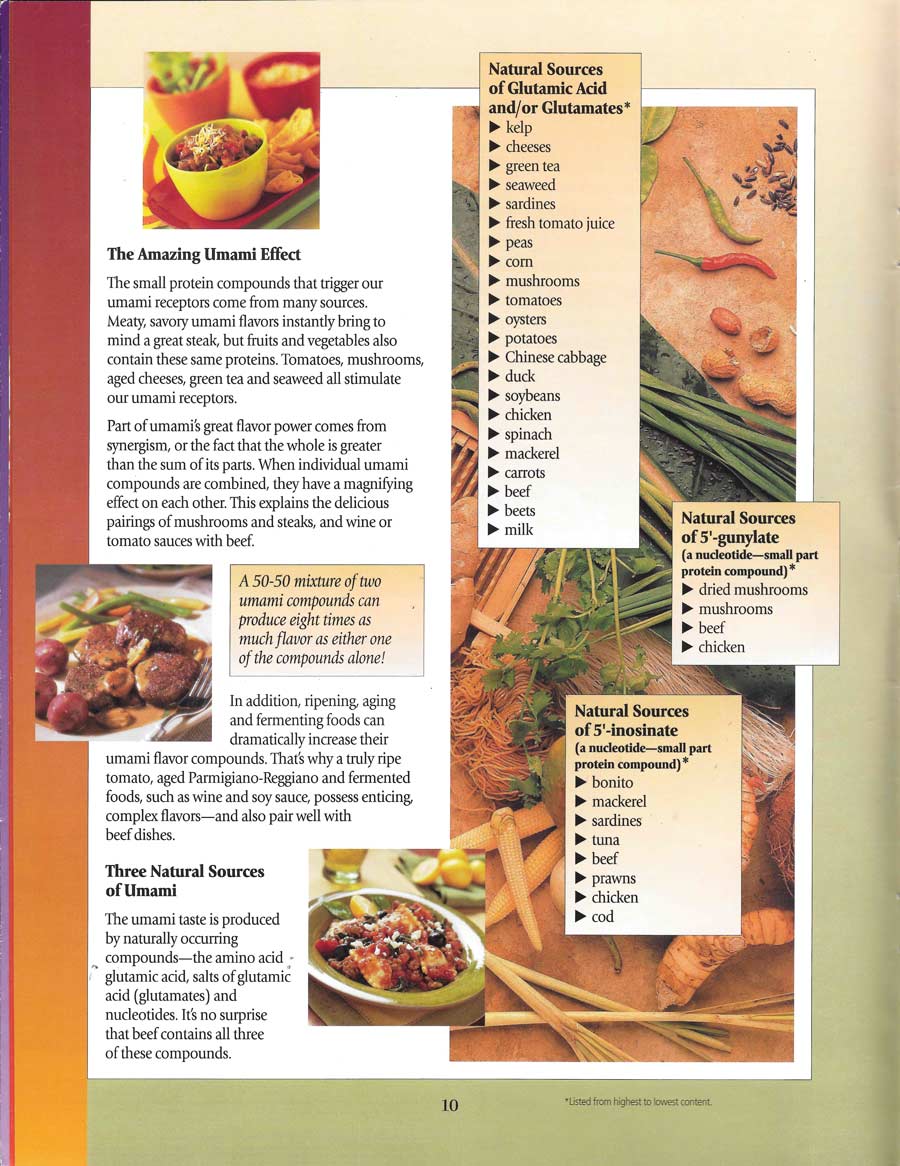In 1889, Cattle Kate – a small rancher – was hung by cattle barons on a bluff overlooking the Sweetwater River in Wyoming. They stole her cattle and took her land. By 2016, family-owned businesses in the cattle & beef industry have all but disappeared from America’s landscape. Rich companies own it all. Well, not all… a few stubborn independents refuse to quit. This is their story.

THE STORY OF CATTLE KATE
“Cattle Kate” (Ellen Liddy Watson) and James “Jimmy” Averell were viciously and wrongfully hanged on a bluff overlooking the Sweetwater River in territorial Wyoming on 20 July 1889. Ellen was twenty-nine and James was ten years older.
These two independent ranchers had repeatedly refused to take down their fences and abandon or sell their land to the larger, wealthier cattle ranchers nearby. As a result, a gang of six greedy cattlemen hauled the young couple out into the countryside and hung them by the neck from a scrub pine.
The powerful, large ranchers who were part of the Wyoming Stock Growers Association then used their cohorts in the newspaper business to systematically disparage the reputation of the two good-hearted, well-respected settlers. They accused them of stealing cattle and of being of bad character. They proclaimed that they had run a house of ill repute and that the woman had accepted calves in payment for her shadowy favors.
None of it was true.
Newspapermen sullied the reputation of the settlers so thoroughly that many citizens erroneously supported the hangings as justified for claimed cattle theft. Sadly, Ellen’s own father believed the lies and told his family to never speak her name again.
There were a few outraged friends of Ellen and James who raised money for lawyers and pushed to have the cattle barons convicted of the murders. However, when the court convened, there were (mysteriously) no witnesses left to testify. Some were dead. Some went missing. Some were too frightened to testify and never stepped forward. The whole matter was dismissed.
After the hanging, the cattle barons simply took the land and cattle owned by Ellen Watson and James Averell. No one in that lynch mob ever paid for the heinous act.
Not only is the above story tragic, but it might also provide some insight into the plight of the independent, non-aligned man or woman in the beef business (or any small business in America). Is the cattle industry still controlled by organizations of wealthy and powerful businessmen with politicians and media on the payroll?
Where does the beef we eat come from? What is the difference between a steak bought in a California Costco store and one bought at a steak house in New York City? Does the independently owned steakhouse in Denver have the same access and price list as a famous chain steakhouse in Chicago?
This is my journey of discovery for not only the best beef, but also for the best practices in the beef industry. The intention of my research is not only to discover and report on the worst pactices, but more importantly to find the best of the best in the industry and share that information.
Like my grandfather was known to say, “Lettin’ the cat outta the bag is a whole lot easier than puttin’ it back in.” Of course, he also said that when you wallow with pigs, you should expect to get dirty.
– Milo Truepenny
http://www.wyohistory.org/essays/covering-cattle-kate
http://www.truewestmagazine.com/dead-wrong-about-cattle-kate/
https://en.wikipedia.org/wiki/Ellen_Watson
http://chroniclingamerica.loc.gov/lccn/sn83025010/1889-07-25/ed-1/seq-1.pdf


